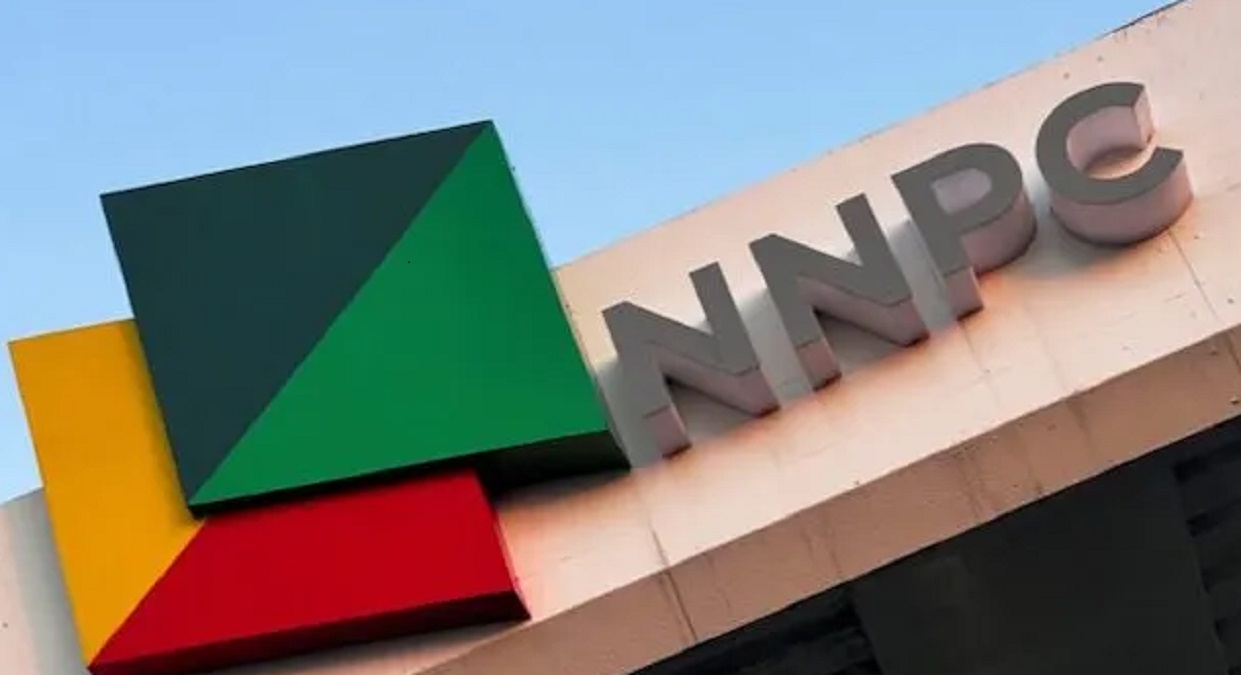Chairman of the Economic and Financial Crimes Commission (EFCC), Ola Olukoyede, has disclosed that preliminary findings from an ongoing probe into the Nigerian National Petroleum Company Limited (NNPCL) have revealed extensive financial misconduct within the state oil firm.
Speaking on Wednesday at the National Conference on Public Accounts and Fiscal Governance in Abuja, Olukoyede described the scale of corruption discovered as “mind-boggling.” The event was convened by the Public Accounts Committees of both chambers of the National Assembly.
“In just three weeks of investigating the extractive industry, particularly oil and gas, what we’ve seen so far is alarming,” he stated. “And we’ve only scratched the surface. If this is what’s visible early on, one can only imagine the full extent.”

The revelations come months after President Bola Tinubu removed Mele Kyari as NNPCL’s Group CEO, appointing Bashir Ojulari as his replacement. Kyari had led the organization since 2019.
Olukoyede warned that what has been uncovered so far represents only a fraction of the broader mismanagement plaguing Nigeria’s oil sector. He argued that corruption within public institutions has direct links to the country’s ongoing security and economic struggles.
“Whether it’s banditry, terrorism, or kidnapping, if you trace the money trail, it leads back to diverted public funds,” he said.
The EFCC chairman urged the National Assembly to pass the long-delayed Unexplained Wealth Bill. He emphasized that the current legal framework hampers the agency’s ability to act against individuals possessing assets grossly disproportionate to their lawful earnings.
“For over a year, I’ve pleaded for the passage of this bill. Without it, we’re forced to first prove a predicate offence before we can question someone owning luxury properties with no legitimate income,” Olukoyede said. He cited a case where a civil servant with 20 years’ experience owned multiple properties in Abuja’s highbrow districts, despite modest official earnings.
According to Olukoyede, the Commission is also tracking hidden assets in several countries, including the United States, Turkey, and Iceland. “Just last month, we uncovered a Nigerian-owned estate in Iceland. That tells you how deep this issue runs,” he remarked.
Despite ongoing efforts, he acknowledged the limitations of asset recovery, noting that international jurisdictions are often unwilling to repatriate stolen Nigerian funds.
“No matter how strong an anti-corruption agency is, it can’t recover more than half of what’s looted. Foreign custodians of these stolen funds are part of the problem,” he added.
Olukoyede also criticised the widespread culture of impunity, pointing out that individuals facing prosecution continue to enjoy public adulation.
“There’s a troubling trend of celebrating those already in court for looting public funds. If we don’t change this, we’re not serious about reform,” he said.
He further revealed that over 700 federal Ministries, Departments, and Agencies (MDAs) lack proper internal financial controls, stressing the need for stronger institutional systems rather than relying solely on oversight from the National Assembly.
“Compliance frameworks must be embedded within institutions. Without that, corruption will remain unchecked,” he warned.
An EFCC internal analysis reportedly showed that 90 percent of public funds stolen in a single year were transferred abroad resources that could have financed critical infrastructure and education nationwide.
“Nigeria shouldn’t have to borrow to survive,” Olukoyede stated. “If we just implement 60 percent of the capital budget effectively between now and 2026, we can stimulate SMEs, build infrastructure, and turn the tide.”
He concluded with a rallying call for unity against corruption: “We must put aside party lines and ethnic sentiments. This might be our last real chance to rescue Nigeria.”
NNPCL, meanwhile, has issued a public notice disassociating itself from individuals offering fake job placements, emphasizing it is not conducting any employment drive.




